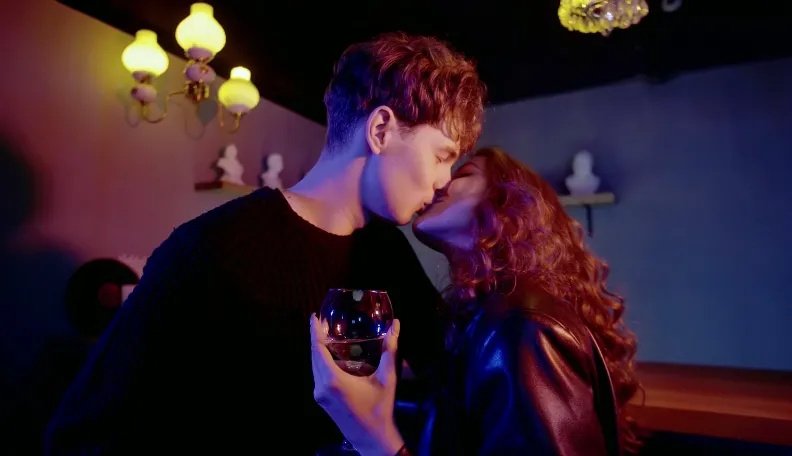Have you been wondering why hookup culture is so popular? Keep reading, you are about to find out why hookup culture is so popular.

A “hook up” is a casual sexual encounter between two individuals who are not in a committed relationship. The term can encompass a range of activities, from kissing and making out to sexual intercourse, depending on the context.
Hooking up typically occurs without the expectation of a long-term relationship or emotional commitment, and it is often characterized by its spontaneous and informal nature.
Hookups can happen between people who have just met, acquaintances, or even friends, and they are often facilitated by social environments like parties, bars, or through dating apps.
The key element of a hookup is its casualness, meaning that there is usually no intention to develop a deeper romantic relationship afterward.
Why is Hookup Culture So Popular?

Hookup culture, characterized by casual sexual encounters without the expectation of a committed relationship, has gained significant popularity, especially among younger generations. This cultural shift can be attributed to several social, technological, and psychological factors.
1. Changing Social Norms
Over the past few decades, societal attitudes toward sex and relationships have become more liberal. The stigma surrounding casual sex has diminished, and people are now more open about their sexual experiences. This change has led to greater acceptance of non-traditional relationship structures, including casual hookups.
2. Technological Advancements
The rise of dating apps and social media platforms has made it easier than ever to connect with potential partners. Apps like Tinder, Bumble, and others facilitate quick and convenient connections, often based primarily on physical attraction. This ease of access to potential partners has contributed to the normalization of casual sexual encounters.
3. Delayed Marriage and Commitment
Many young adults are choosing to delay marriage and long-term commitment to focus on personal and professional goals. As a result, they may seek out casual sexual relationships as a way to explore their sexuality without the pressure of a committed relationship. Hookup culture provides a way to satisfy sexual desires while maintaining independence.
4. Sexual Liberation and Empowerment
For some, participation in hookup culture is seen as an expression of sexual liberation and empowerment. It allows individuals to explore their sexuality on their own terms, free from societal expectations. This can be particularly significant for women, who historically faced greater societal pressure to conform to traditional sexual roles.
5. Cultural Representation
Hookup culture is often glamorized in popular media, including movies, TV shows, and music. This portrayal can influence attitudes and behaviors, making casual sex seem more appealing or acceptable. When young people see hookup culture represented as fun, exciting, or normal in media, they may be more likely to engage in it themselves.
6. Peer Influence and Social Validation
In certain social circles, participating in hookup culture can be a way to gain social validation or fit in with peers. The desire to conform to peer expectations or to be seen as sexually experienced can drive individuals to engage in casual hookups, even if they might not otherwise be inclined to do so.
7. Desire for Freedom and Flexibility
Hookup culture allows individuals to enjoy the pleasures of sexual relationships without the responsibilities or complications that often come with committed partnerships. This desire for freedom and flexibility, especially in a fast-paced, modern world, can make hookup culture particularly appealing.
8. Exploration and Experimentation
For many, especially young adults, hookup culture provides an opportunity to explore different aspects of their sexuality, preferences, and boundaries. It can be a time of self-discovery, where individuals learn more about what they want and don’t want in a sexual relationship.
Why is Hookup Culture Bad?
Hookup culture, while embraced by some as a form of sexual liberation and exploration, has been criticized for several reasons. One of the main concerns is the emotional and psychological impact it can have on individuals. Casual sexual encounters often lack the emotional connection and commitment that many people desire, leading to feelings of emptiness, regret, or dissatisfaction. For those who are seeking deeper connections, the transient nature of hookups can be unfulfilling and even damaging to their self-esteem.
Another criticism is that hookup culture can contribute to the objectification of individuals, reducing relationships to purely physical interactions. This can perpetuate unhealthy attitudes towards sex, where people are valued solely for their physical appearance or sexual availability rather than for their personality or character.
